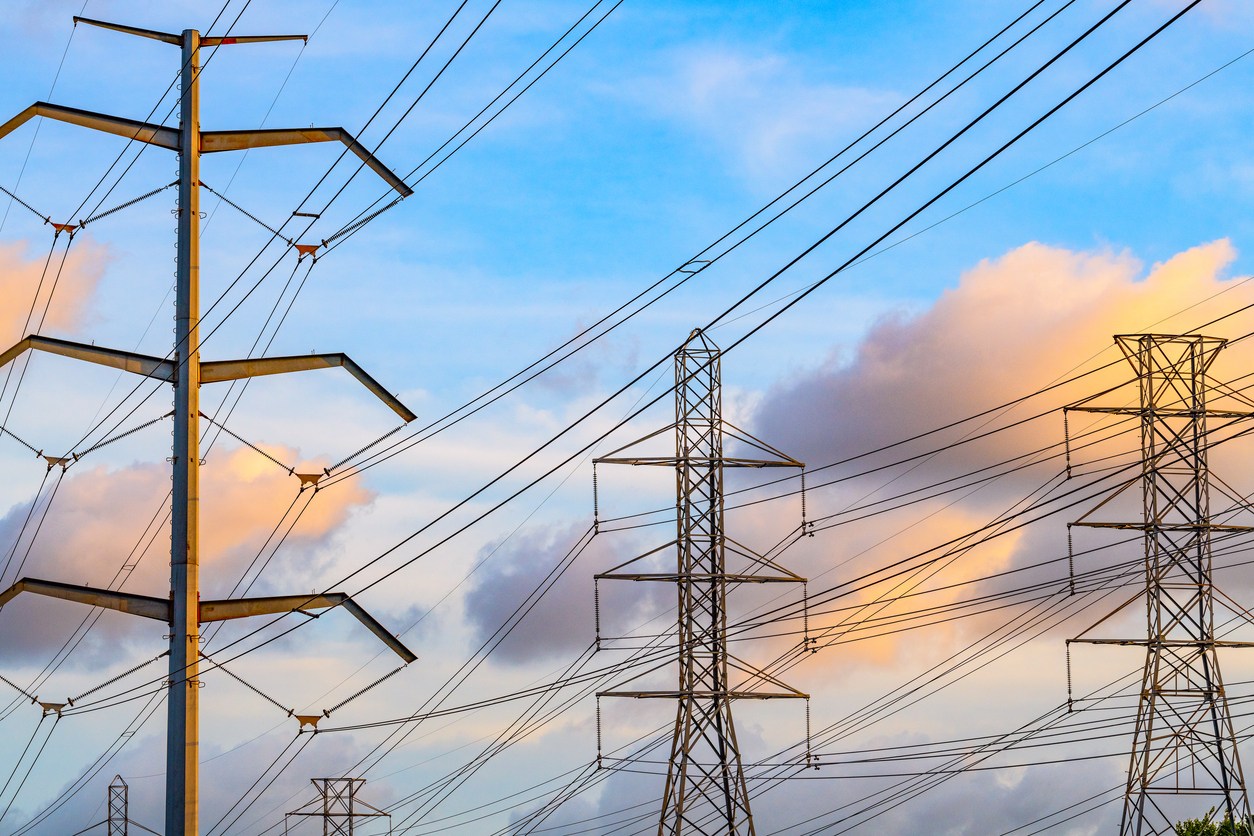In today's world, electricity is a fundamental necessity, powering everything from our homes to our devices. With a variety of electricity providers and plans available, it can be challenging to choose the right deal for your needs. This article explores electricity deals, breaking down the factors to consider, different types of plans, and how to find the best offer for you.

What Are Electricity Deals?
Electricity deals, also known as energy plans or tariffs, are agreements between consumers and electricity providers that define the rates charged for energy consumption. These deals vary based on several factors, such as location, energy usage patterns, and the type of energy (renewable or non-renewable). Deals are typically offered in either fixed or variable pricing structures, allowing customers to choose the option that best suits their budget and consumption needs.
Fixed vs. Variable Rate Plans
One of the key decisions to make when choosing an electricity deal is whether to opt for a fixed or variable rate plan. A fixed rate plan locks in a set price per kilowatt-hour (kWh) for the duration of the contract, usually ranging from 12 to 36 months. This can offer peace of mind by protecting you from fluctuations in the energy market, but it may also mean you're stuck with a higher rate if prices fall.
On the other hand, a variable rate plan offers flexibility, with prices fluctuating based on market conditions. While this can lead to savings when prices drop, it also leaves you vulnerable to price hikes, especially during periods of high demand, like extreme weather conditions.
Green Energy Options
An increasing number of consumers are becoming environmentally conscious and seeking out green energy deals. These plans source electricity from renewable resources such as wind, solar, or hydropower. Some providers offer 100% renewable energy plans, while others allow you to purchase a percentage of your energy from renewable sources.
Although green energy deals can sometimes be more expensive, they provide an opportunity to reduce your carbon footprint and support sustainable energy initiatives. Additionally, government incentives or rebates may be available for customers opting for renewable energy plans, helping to offset costs.
Time-of-Use Plans
Another type of electricity deal to consider is the time-of-use plan. With this structure, electricity rates vary depending on the time of day you use it. For example, energy used during "off-peak" hours—when demand is low, such as late at night—may be significantly cheaper than energy consumed during "peak" hours when demand is high.
Time-of-use plans can be beneficial if you can adjust your consumption habits to take advantage of lower rates during off-peak times. For instance, running appliances like dishwashers or washing machines at night could save you money over the course of the contract.
Finding the Best Deal
When searching for the best electricity deal, it’s important to assess your energy consumption habits. How much electricity do you use each month? Do you use more during certain seasons? These factors can help determine the most suitable plan for your needs.
Comparing offers from different providers is essential. Many countries or regions have online comparison tools that allow consumers to see rates and contract terms side by side. Pay attention to potential hidden fees, such as early termination fees or charges for switching providers before the contract ends. Providers may also offer introductory rates that rise significantly after a promotional period.
Contract Length and Flexibility
Electricity deals often come with contract terms ranging from month-to-month arrangements to multi-year commitments. Short-term contracts provide flexibility, allowing you to switch providers or plans easily if rates change or if you're dissatisfied with the service. However, they may come with higher variable rates.
Long-term contracts can lock in favorable rates, but they can also tie you to a deal that may not remain competitive over time. Read the fine print carefully, especially regarding exit fees, to understand the full implications of the contract length.
The Impact of Smart Meters
Smart meters are increasingly being used by providers as part of modern electricity deals. These devices monitor your energy usage in real time, giving both you and the provider a more accurate picture of consumption patterns. With smart meters, consumers can track their usage via apps or websites, helping them make informed decisions about reducing consumption or adjusting habits to save on electricity costs.
In some regions, smart meter usage is tied to specific plans, such as time-of-use deals, where knowing when you consume energy can lead to further savings. If you're considering switching to a deal with a smart meter, check if there's any cost associated with installation or setup.
Consider Customer Service
Finally, don’t overlook the importance of customer service when selecting an electricity deal. While the price is often the most significant factor, having a reliable provider who can address concerns, provide billing clarity, and handle outages quickly is essential. Look for reviews or ratings from current customers, and consider the provider's history with resolving complaints.
Conclusion
Choosing the right electricity deal requires careful consideration of your energy needs, financial situation, and personal values, such as support for renewable energy. By understanding the various types of plans—fixed, variable, green energy, and time-of-use—you can make an informed decision that saves you money and aligns with your lifestyle. Always compare offers, consider the flexibility of contracts, and don’t forget the role customer service plays in ensuring a smooth experience with your electricity provider.


